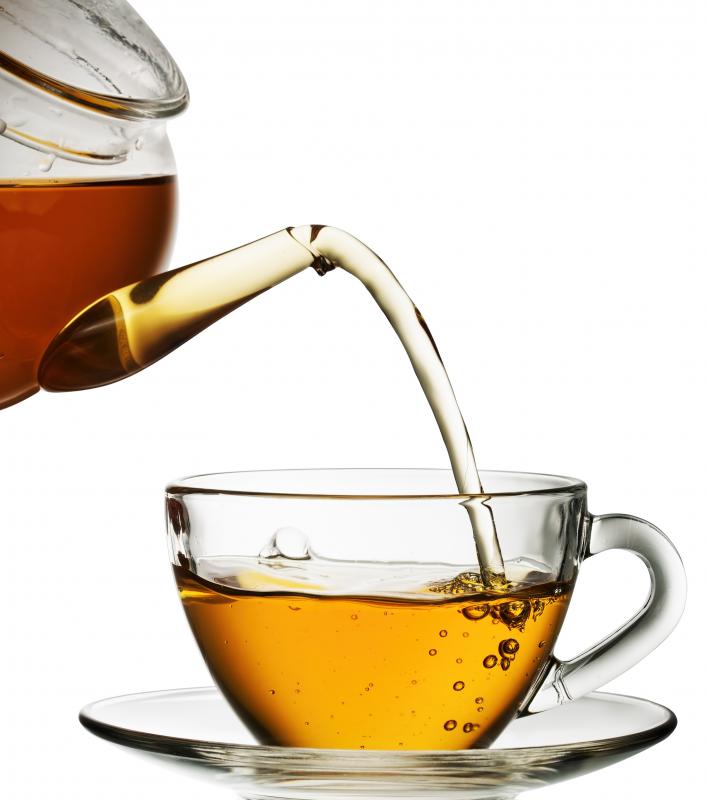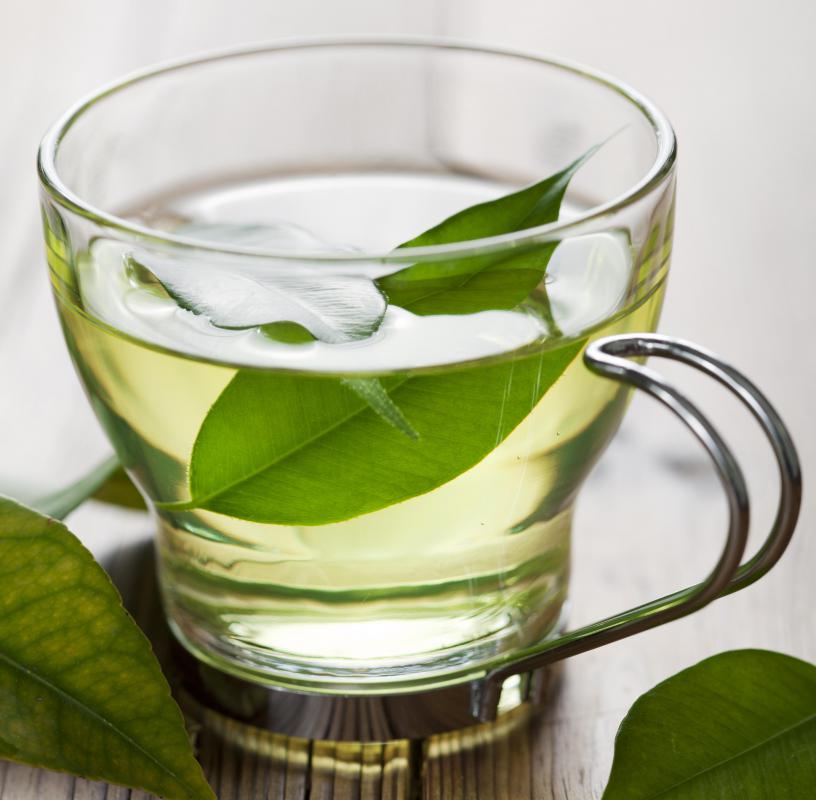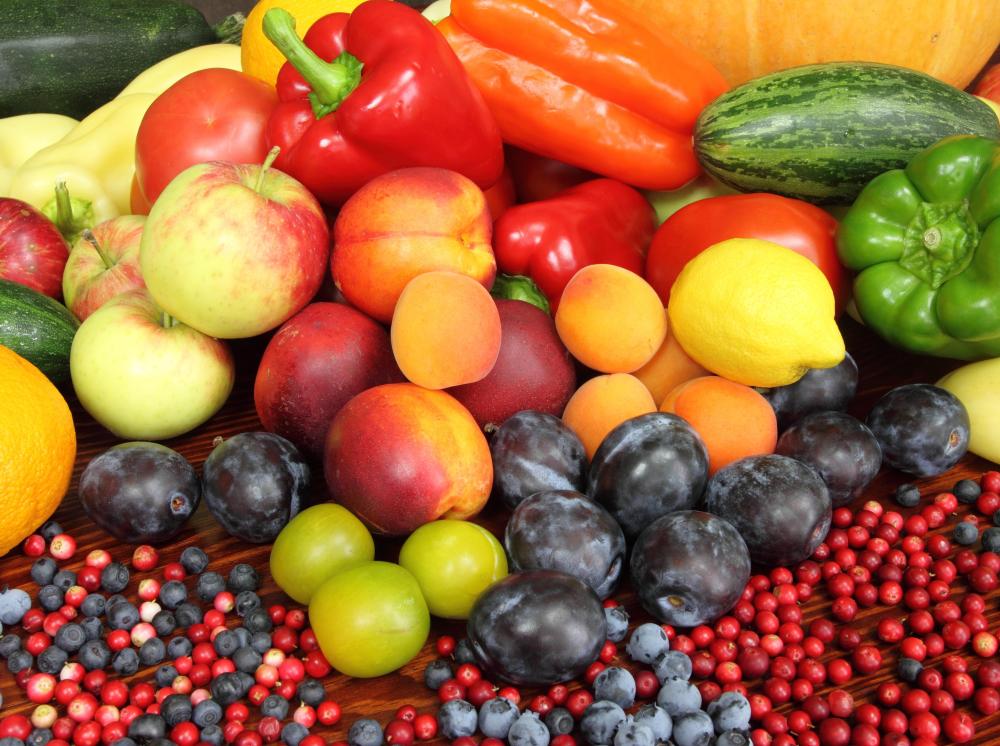At TheHealthBoard, we're committed to delivering accurate, trustworthy information. Our expert-authored content is rigorously fact-checked and sourced from credible authorities. Discover how we uphold the highest standards in providing you with reliable knowledge.
What are Phenolic Antioxidants?
Derived from plants, phenolic antioxidants are one of three types of antioxidants, which are protective chemical compounds that offer resistance to illnesses ranging from cancer to arthritis. This class of antioxidants differs from sulfur-based antioxidants and selenium antioxidants because their protective powers come strictly from polyphenols, which are substances only found in plant foods, such as fruits, grains and vegetables. Spices, herbs, and teas made from plants also contain phenolic antioxidants.
Since these protective chemicals only exist in plant-based foods, phenolic antioxidants are also called phytochemicals; the prefix “phyto” is the Latin word for “plant.” One primary benefit of these antioxidants is that they prevent swelling and tissue inflammation, which is the source of most pain and infection. At the cellular level, antioxidants guard against DNA damage and cell deterioration. These antioxidants carry out their protective work by suppressing the oxidation needed for cells to die and for tumors to grow and spread.

These disease-fighting antioxidant compounds also rev up the body’s own natural defenses by inducing the production of macrophages, which are clusters of white blood cells that fight malicious bacteria. In addition to cancer, studies have shown that the consumption of foods with these antioxidants can curb cardiovascular disease, cataracts, and a range of neurological diseases including Alzheimer’s disease. Alternative medical practitioners also recommend phenolic antioxidants for diabetes.

Antioxidants exist in more than a dozen phenolic compounds — compounds chemically composed of hydroxyl groups and benzene rings. Among them are flavonoids, flavonols, and tannins, all of which can be found in select fresh, dried, or frozen vegetables, herbs, and fruits. Essential oils from plants also contain phenol-based antioxidants, but are generally only for topical application, not dietary consumption. These oils, therefore, can only affect external inflammation and may not bolster immunity or help with disease. Other sources of phenolic antioxidants are the carotenoids and anthocyanins in plants.

Foods containing high levels of phenolic antioxidant compounds in the form of tannins, flavanoids, and flavonals include cinnamon, olives, and all types of berries. Carrots, grapes and products made from grapes, such as wine and grape juice, also contain high levels of phenolic antioxidants. Nearly all fruits and vegetables have some concentration of phenolic antioxidants, with organic varieties retaining the highest level of phytonutrition. When eating fruits, vegetables or grains for antioxidant health, doctors recommend eating the skin as well. While seeds, flesh, and leaves of a plant food have phenolics, the rich colors in the skin suggest a concentration of tannins with antioxidant power.
AS FEATURED ON:
AS FEATURED ON:
















Discuss this Article
Post your comments